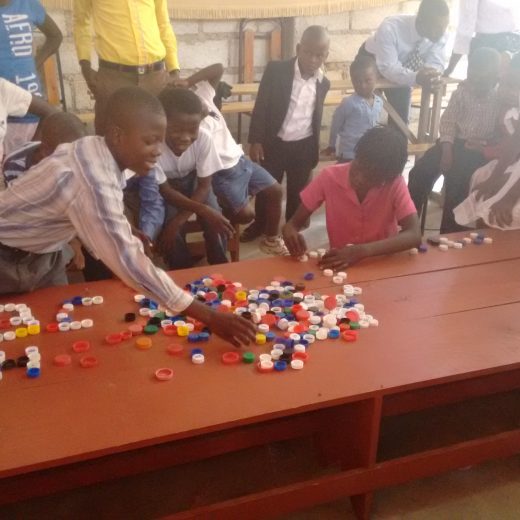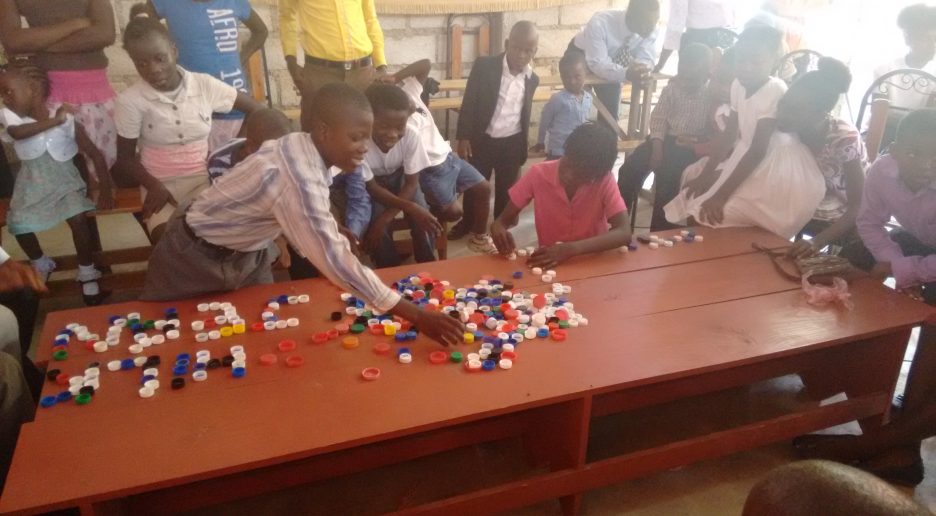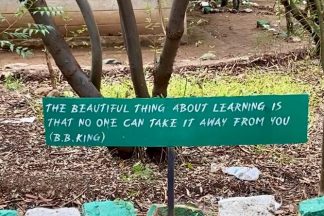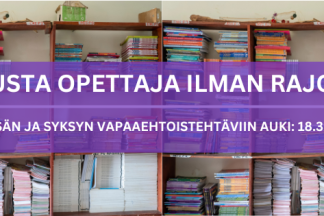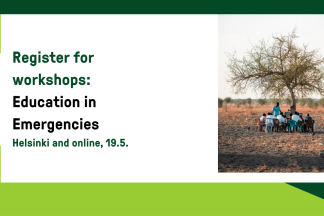“My main personal question when I was selected to work in Haiti with Teachers without Borders for 6 months was: what is going to be left in the Haiti once I am gone?” Diego, a Teacher without Borders volunteer reflects on how to make a real change in the Haitian education system and what his role as a foreign teacher can be in it.
Observe, judge, act
The impact of my 6 months contract is limited. Before producing anything I would need to familiarize with the context, the work environment, meet the teachers, learn about the Haitian education system identifying its strengths, weaknesses and their potentials for improvement.
Paul Farmer in Pathologies of Power claims that there are three steps to follow when working in a new context: first observe, then judge and finally act. It would have been quite arrogant from my side if I would have started acting right away feeling like I had all the answers. Even if observation and judge has been always present in my job, after the second month I started my action, developing the teaching materials. I made three teaching modules: the first on environment education, the second on inclusive education and the last one about learning through playing.
Localising and globalising
I did the trainings in three schools, for 40 teachers and 3 principals. That was the task posited in the job contract. I believe my job has been relevant for the teachers. Moreover, it has been highly relevant for me. I have learnt how to conduct training for adult teachers, that while they might lack academic education, (most of the teachers they have just completed primary education) they have plenty of non-academic experiences. I learnt to contextualize the learning to the local needs, adding, when needed, a global perspective, because many of the challenges the Haitian education system faces, are also present in many other countries, also in the so-called developed ones.
In addition to training teachers, I believed I had to do something more. The teaching job in Haiti has many challenges and teachers do not usually last long. Their salary is very low and it usually comes late. The teachers from one of the schools I worked have been facing a delay of 6 months in payment, and the salary is just a bit above 120 euro per month. This challenge makes difficult for a teacher to keep their jobs and they usually seek for a better remunerate task elsewhere. Then, maybe, in 3 years from now nothing of what I have done would remain.
Having this in mind, I requested to train teacher trainers. There are several reasons for what I believe is a key to teach local teacher trainers for several reasons: Teachers trainers is a more prestigious job and they usually keep their job for much longer; second, because several trainers can spread the training to a larger number of schools, that just only one person; and lastly, because they would not need a person like me, a foreigner, telling teachers what they have to do in their classes, but there would be Haitians delivering knowledge and competences to fellow Haitians.![IMG_20160807_115913805[1]](https://www.opettajatilmanrajoja.fi/wp-content/uploads/2020/02/IMG_20160807_1159138051-scaled.jpg)
A further impact
Furthermore, my personal background can perpetuate the inequalities I am trying to eradicate. I am aware of my background as a white European male, working for a prestigious international organisation and with a master from a country with one of the best primary education systems in the world. This background would allow me to say almost anything and Haitian teachers would nod or clap to what I say, not because what I say, but because who say it. Therefore I believe it is more important to train teacher trainers and they will deliver the competences among fellow nationals. This will empower local organisations and the project can last much longer because they would live in this country for much longer than an expat.
I conducted a training for teacher trainers in where I gave all the materials I have developed during my time in Haiti and I explained them how to use them. I was so happy to receive an e-mail from one of the participant, a woman from a local NGO called Agir Pour Sauver. Agir Pour Sauver works with vulnerable children from the slums. She explained me that in less than a week, her organisation has trained their trainers, has prepared the materials and has already started making some activities with the children. This is the kind of initiative which can really make a change in the country.
Agir pour Sauver Facebook: https://www.facebook.com/AGISAUVAgir-pour-sauver-1142158455810161/?fref=ts

